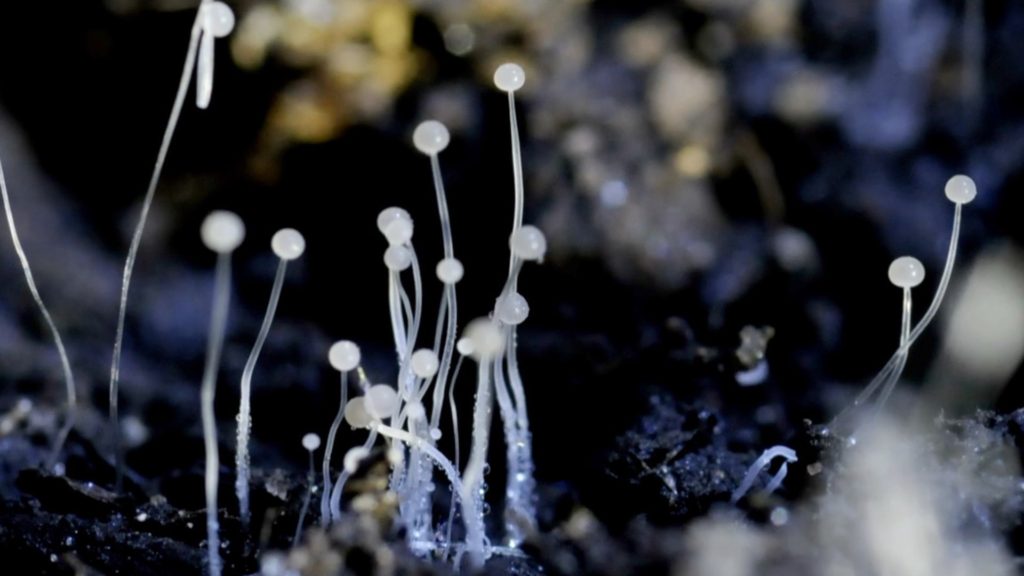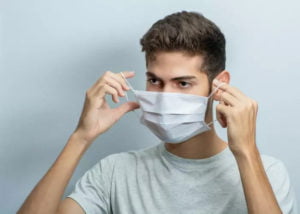
At a time when everyone is at a standstill and the world is recovering from the pandemic, we thought we would explore something new, the Black Fungus, by creating articles that might interest our audience in the digital marketing community.
India is still struggling with disastrous COVID-19, and the daily number of deaths is continuously increasing.
Amidst the prevailing health crisis, in early May 2021, India identified another deadly infection spreading across five states called “Black Fungus”.
More than 3,200 Black fungus cases are reported in India, and the number of deaths related to the disease is rising.
Sri Lanka is on the verge of facing a similar eventuality.
What is Black fungus?
Black fungus, scientifically known as Mucormycosis, is a rare infection caused by mucor mould exposure, commonly found in soil, plants, decaying fruits, and vegetables.
This disease is caused by mould found in damp environments. It is confirmed that Black fungus does not spread from person to person.
Once a person inhales fungal spores in the air, the black fungus affects the sinuses and lungs. It can also affect the skin following an injured surface, such as a cut or a burn.
Disease symptoms include facial swelling, fever, skin ulcers, and black lesions in the mouth.
As confirmed by the Indian Health Ministry, once the Black fungus is infected, it can spread to the eyes, lungs, and brain.
This can lead to nose discolouration, double vision, chest pain, breathing difficulties, and coughing blood.
How is this related to Covid-19?
According to health authorities, people with weak immune systems are more prone to infection by the fungus.
People suffering from COVID–19 and others who have recovered from coronavirus with weak immunity should be more careful of the fast-spreading fungal infection.
Patients with diseases that weaken immunity, such as diabetes, cancer, and HIV/AIDS, must also be cautious of the Black fungus.
It is accepted that Balck fungus is triggered by steroids, a life-saving medicine given to critically ill COVID-19 patients.
Steroids reduce the damage when a person’s immunity goes overdrive to fight against coronavirus.
At the same time, steroids tend to reduce overall immunity and pump up blood sugar levels for both diabetics and non-diabetics.

In Conclusion
According to Indian health officials, Black fungus can be spread quickly when people neglect the hygiene of their face masks.
Many people repeatedly use the same face mask without properly washing or sanitizing it.
This creates a favourable environment for different bacteria and fungi to grow, eventually affecting immunity.
Hence, health authorities highly recommend maintaining hygiene standards for face masks to prevent the Black fungus from spreading along with COVID-19.









